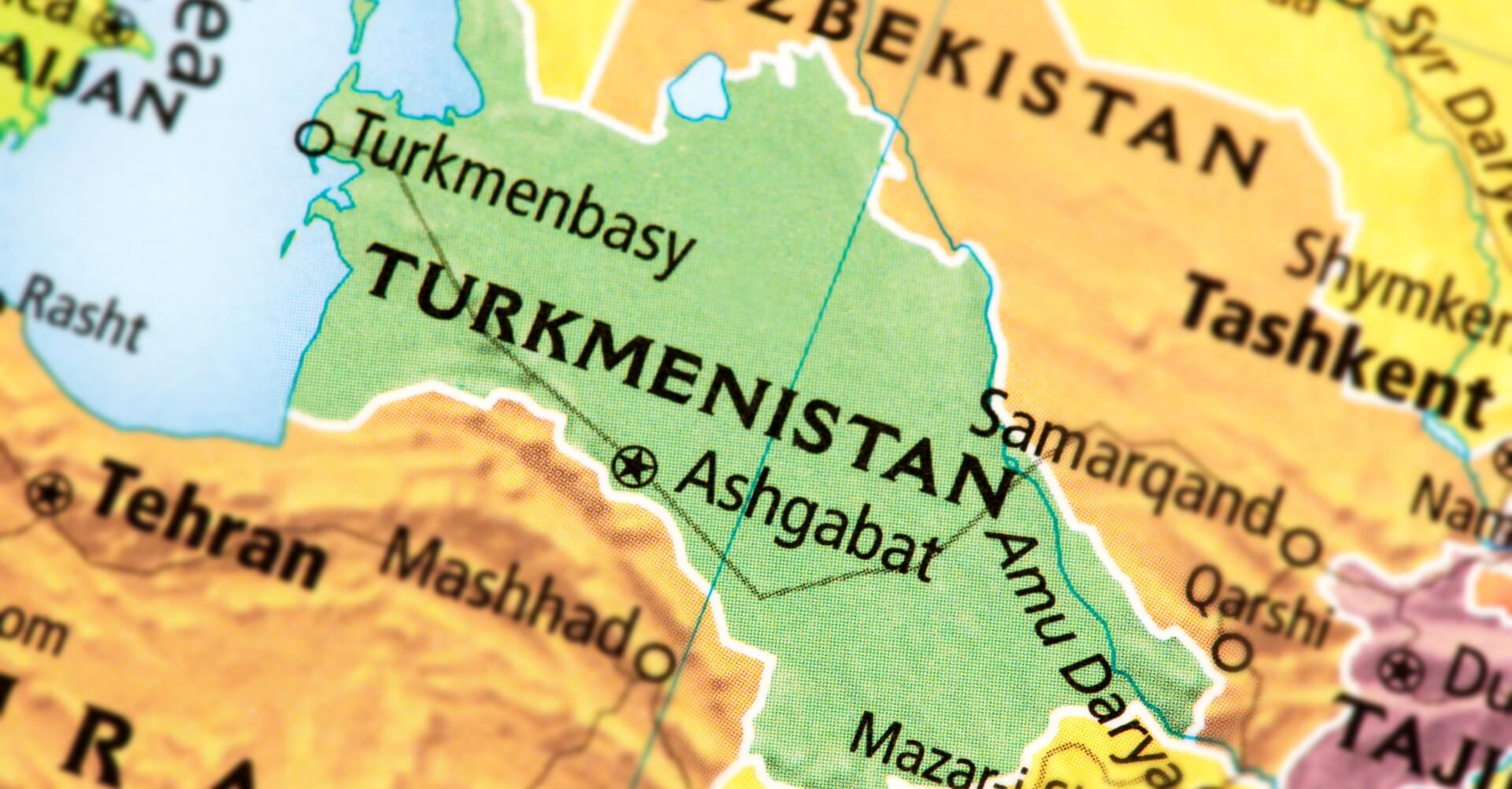
Turkmenistan falls under the “Low” category on the PPI scale, making it an unsuitable location for hosting VPN servers. The country is notorious for its strict control over the internet and a lack of online freedom. The government heavily censors online content and has been known to block access to social media platforms, news outlets, and VPN services. Turkmenistan’s oppressive stance on internet usage extends to its laws on copyright and P2P file sharing, with the government exercising strict enforcement to maintain control over the flow of information. Furthermore, privacy laws in the country are virtually non-existent, as the government actively monitors its citizens’ online activities, creating a hostile environment for VPN users.
Freedom of Expression and Censorship
Freedom of speech in Turkmenistan, particularly in relation to the internet, is severely restricted and closely controlled by the government. The country has some of the world’s most stringent internet censorship regulations, which are rooted in a history of state control over media and public discourse. As per the 2008 law on information, the government has the right to control and restrict information flow in the name of national security. Following this, the government has blocked a significant number of foreign news websites, social media platforms, and independent news sources. The 2020 Freedom House report ranks Turkmenistan as “Not Free”, noting that the government filters and blocks access to websites it considers unfavorable. Internet cafes are heavily monitored, and it is reported that citizens can face significant repercussions for accessing or sharing prohibited content. Cases such as the 2016 arrest of journalist Saparmamed Nepeskuliev for his reports on local corruption highlight the dire state of freedom of speech. Despite these conditions, underground groups and international organizations continue to fight for more open and free speech rights in the country.
P2P and Torrenting Policies
Peer-to-peer (P2P) networks, torrenting, and media streaming services have a complicated existence in Turkmenistan, a country known for its stringent internet regulations and severe restrictions on online freedom. As outlined in the 2008 Law on Information, the Turkmenistan government retains the right to control and restrict the flow of information, a measure that significantly impacts the use of these technologies. Unauthorized sharing or streaming of copyrighted content remains illegal globally and in Turkmenistan, but the state’s intense surveillance and control over internet activities can make even legal use of these technologies a risky endeavor.
Several popular global platforms are reportedly blocked in the country, including social media sites and streaming services. According to the 2020 Freedom House report, the Turkmen government filters and blocks access to a variety of websites, including international news outlets and social media platforms like Facebook, Twitter, and YouTube. Even platforms for legally streaming content, such as Netflix, are not readily accessible. Despite these conditions, some citizens manage to utilize these technologies, often resorting to VPNs and other methods to circumvent state-imposed restrictions. Yet, these activities come with a considerable risk due to the country’s stringent regulations and robust surveillance practices.
Government Surveillance and Data Retention Laws
Data retention and surveillance in Turkmenistan are heavily influenced by the government’s approach to controlling information and maintaining a tight grip on communication channels. Though specific data retention laws aren’t publicly disclosed, it’s widely reported that the government exercises substantial control over telecom providers, which can lead to implied data retention. According to the 2020 Freedom on the Net report, Turkmenistan is one of the world’s least free countries in terms of internet use, largely due to its high level of surveillance.
Notably, there have been numerous reports of government surveillance in Turkmenistan. One prominent event was in 2016 when an independent journalist, Saparmamed Nepeskuliev, was reportedly arrested for his critical reporting. This case has been viewed as an example of the government’s surveillance capabilities and its willingness to suppress freedom of speech.
Furthermore, Turkmentelecom, the state-owned internet service provider, reportedly monitors the online activities of its users, thereby enabling government surveillance. Internet cafes, another common access point, are also subject to heavy monitoring. Users must provide identification to use the services, and their activities are closely watched. This level of surveillance, coupled with the implied data retention practices, significantly impacts the online privacy of Turkmen citizens.
Privacy Protections
Turkmenistan’s approach to digital privacy has been heavily regulated, with the state exercising tight control over internet usage and content through its ownership of the only Internet Service Provider, Turkmentelecom. This environment raises significant concerns about digital privacy, as the government’s control and monitoring of online activities can significantly restrict freedom of speech and privacy. Specific protective measures aren’t widely reported, pointing towards a landscape where digital rights are potentially compromised.
In contrast, countries like Estonia, though not immediately neighboring, have adopted robust digital privacy policies. Recognized for its advanced digital society, Estonia uses strong digital identity verification systems for its e-residency program and other services, enhancing data security and privacy. Meanwhile, Kazakhstan, a direct neighbor, has been drafting laws for data protection and privacy, though the effectiveness of these measures is up for debate. Balancing governmental oversight with individual digital rights remains a complex global issue, with no universally perfect solution.
VPN servers in Turkmenistan:
Given Turkmenistan’s low PPI rating, users seeking a more privacy-friendly VPN server location should consider an alternative in the nearby region. Kazakhstan is a more suitable option, with an “Average” PPI rating. While Kazakhstan does have some level of internet censorship and data retention laws, it is less restrictive compared to Turkmenistan. The country’s data retention laws apply to ISPs but not directly to VPN providers. Additionally, Kazakhstan’s enforcement of copyright and P2P file sharing laws is relatively lenient, making it a safer choice for users who prioritize privacy and latency. The geographical proximity of Kazakhstan to Turkmenistan ensures that users in the region will still experience low latency.







Leave a Reply